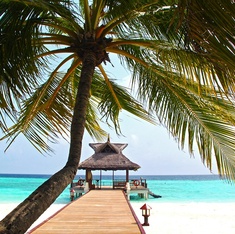
The Countries Iceberg - Part IV
Last updated: Monday April 17th, 2023
Report this blog
(Also, thanks to MiecraftMan for giving us the idea to add pronunciations.)
Welcome back to the Countries Iceberg.

In today's blog we will cover tiers seven and eight.
Though some may have some knowledge of these entries, most people couldn't locate these on a map or even spell these. For some entries, even we didn't know before writing this blog. The average JetPunker probably won't know these increasingly more obscure political entities very well. But hey, that's why we're here.
At this point in the iceberg, we have covered all of the internationally known political entities. The next part after this one, Part V, will be the last part with sovereign states in it, meaning that most of you won't know anything past Tier 10.
Tier 7 - Republic of Paraguay
Paraguay
(pair-uh-gwai)
Paraguay is a landlocked country located in South America. It has two official languages, Spanish and Guaraní, with both understood by the vast majority of the population. It has a rich cultural tradition, and a popular musical genre called Paraguayan polka. It is primarily an agricultural-based economy. In the 1800s, Paraguay fought a brutal war with Argentina, Uruguay, and Brazil. Relations between Paraguay and those three countries have immensely improved since, especially between Paraguay and Brazil.
Capital: Asunción
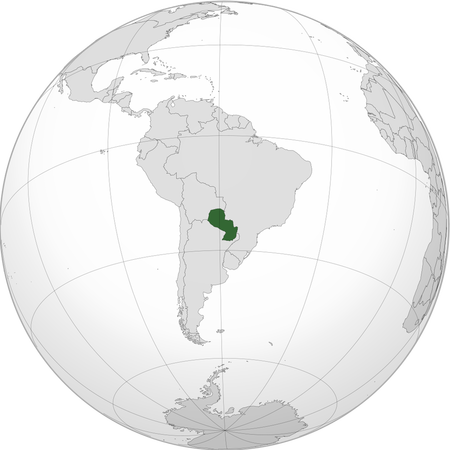
Azerbaijan
(azz-urr-by-zhan)
Azerbaijan is a landlocked country located in the South Caucasus. It borders the Caspian Sea to the east. Azerbaijan is a major oil producer and part of OPEC+. The population of Azerbaijan is mostly Azeri, a Turkic people group. Coincidentally, it also has close ties with Turkey, and they have worked together to economically destroy Armenia in it and Azerbaijan's many conflicts. Both countries have a tumultuous past with Armenia. More Azeris live outside of Azerbaijan than in it, with the vast majority inhabiting Iran. Despite this, Iran and Azerbaijan actually do not have great relations, as Iran has vowed to protect Armenia's territorial integrity and because of this has soured relations with Azerbaijan.
Capital: Baku
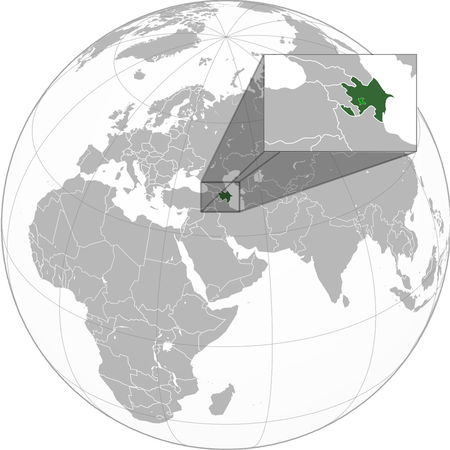
Barbados
Barbados is a country located in the Caribbean Sea, the easternmost of the Lesser Antilles. Barbados has a significant focus on the tourism sector, and a major offshore banking country. Barbados is also known for its manufacturing sector, particularly in the production of textiles, apparel, and electrical components. The country has a well-developed transport infrastructure, including a modern airport and seaport, which helps facilitate trade and commerce. Barbados has the highest literacy rate of any country outside the Eastern Bloc.
Capital: Bridgetown
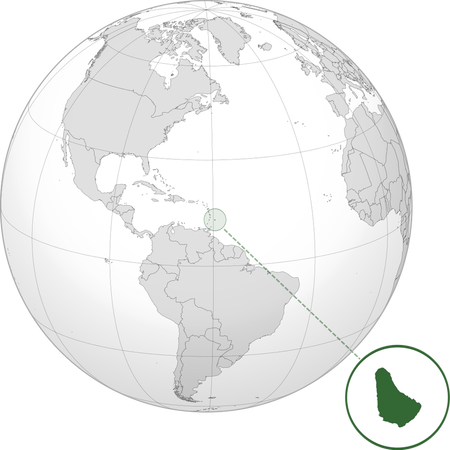
Samoa
(SAM-oh-uh)
Samoa, formerly known as Western Samoa, is an island country in the South Pacific. It is made up of two main islands and several smaller ones. The economy of Samoa is primarily based on agriculture, with coconut products, taro, and cocoa being the main agricultural exports. The country also has a growing tourism industry. Samoa is also known for its rugby union, and has produced several world renowned players. It is also known for its wrestling and sumo prowess.
Capital: Apia
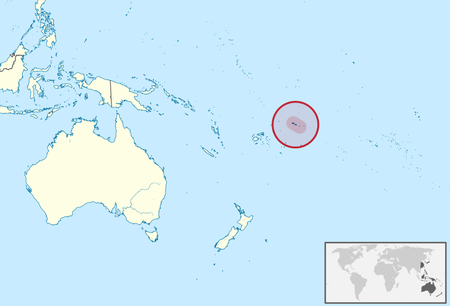
Albania
Albania is a country on the Balkan Peninsula in Southeastern Europe. It is one of the poorest countries in Europe. Agriculture is a significant contributor to the economy, with crops such as olives, grapes, and citrus fruits being major exports. The majority of the population is Muslim. Albania has been at odds with Serbia over the Kosovo issue, and has supported Kosovo the entire time. There have even been political ideas that Kosovo should become part of Albania, much to Serbia's chagrin.
Capital: Tirana
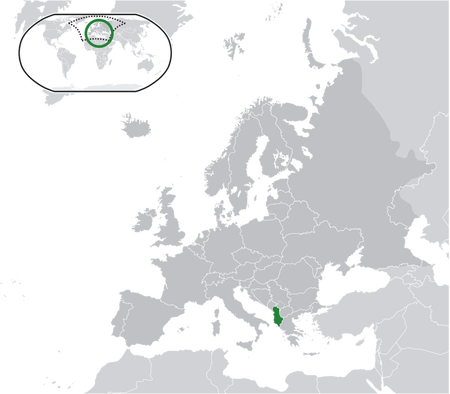
Turkmenistan
(terk-MEH-nih-stahn)
Turkmenistan is a landlocked country located in Central Asia. It is the least populous country to border a doubly landlocked country. Turkmen is the official language, and the majority of the population is Muslim. The country has a developing economy, with a focus on natural gas and oil production, as well as agriculture and textiles. Turkmenistan has some of the world's largest natural gas reserves. The country ranks extremely poorly on all social indicators of democracy and corruption, due to a highly authoritarian government.
Capital: Ashgabat
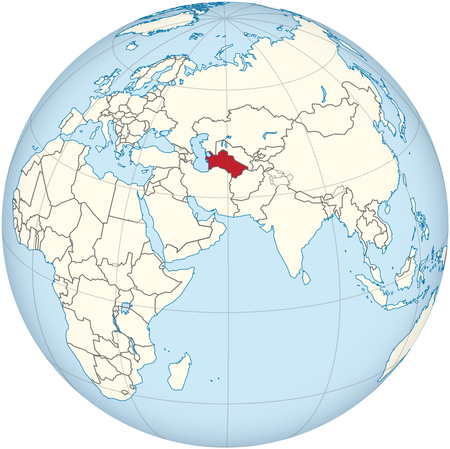
Bahrain
(baH-rayn)
You have to pronounce the H.
Bahrain is a tiny island country located in the Persian Gulf. Though an island country, it does have a land border with Saudi Arabia, on Passport Island. Bahrain's economy has a focus on oil and gas production, financial services, and tourism. The country has significant oil and gas reserves, and its financial sector is one of the largest in the region.
Capital: Manama
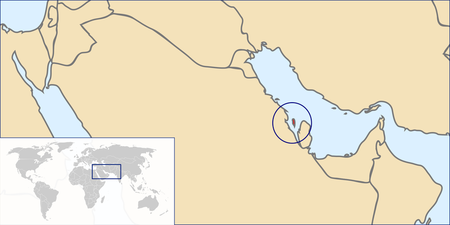
Myanmar
(MEE-en-mahr)
Myanmar (also known as Burma) is a country in Southeast Asia. Myanmar has a developing economy, with a focus on agriculture, manufacturing, and natural resources. The country is known for its production of rice, gems, and natural gas, and it also has significant reserves of oil, timber, and minerals. The country has experienced political and social unrest in recent years, and ranks extremely poorly in measures of corruption and democracy, as well as press freedom. It is the second least democratic nation in the world, only ahead of Afghanistan.
Capital: Naypyidaw
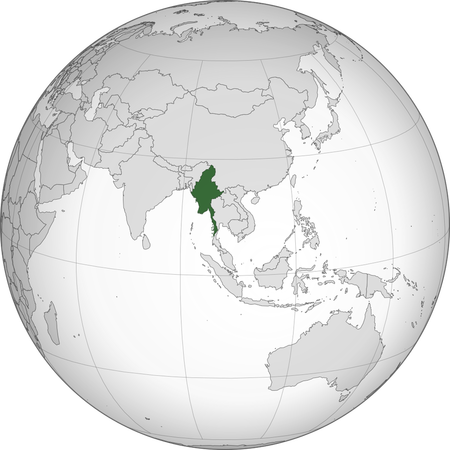
Rwanda
Rwanda is a small country in East Africa. Rwanda has a complex history, with ethnic tensions between the Hutu and Tutsi peoples, leading to a genocide in 1994, during which an estimated 800,000 people were killed. Rwanda has a developing economy, with a focus on agriculture, tourism, and mining. The country is known for its production of coffee, tea, and other agricultural products. The country has implemented a number of programs aimed at fostering unity and reconciliation following the genocide. Though run by a highly authoritarian government, it is an emerging tech hub for Africa, with an increase of start-up companies. Although Rwanda has low levels of corruption compared with neighboring countries, it ranks among the lowest in international measurements of government transparency, civil liberties and quality of life.
Capital: Kigali
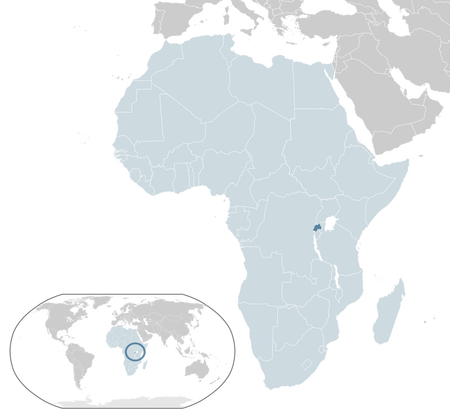
Montenegro
Montenegro is a small country located on the Balkan Peninsula in Southeastern Europe. Montenegro became an independent country in 2006, following its separation from Serbia. Montenegro has a developing economy, with a focus on tourism, energy, and agriculture. Montenegro is also known for its sports, particularly soccer and water sports such as sailing and kayaking. It does not have particularly bad relations with any nation in the Balkans, which is uncommon in the region. It is a NATO member and a European Union candidate, projected to join by 2025.
Capital: Podgorica
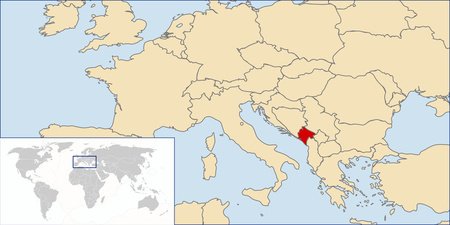
Bangladesh
Bangladesh, formerly East Pakistan, is a country located in South Asia, almost entirely surrounded by India, with a short border with Myanmar in the east. Despite being classified as a least developed country, Bangladesh has a rapidly developing economy, with a focus on agriculture, textiles, and ready-made garments. It is extremely dense in population, with more people than the entire nation of Russia. It is a majority-Muslim country.
Capital: Dhaka
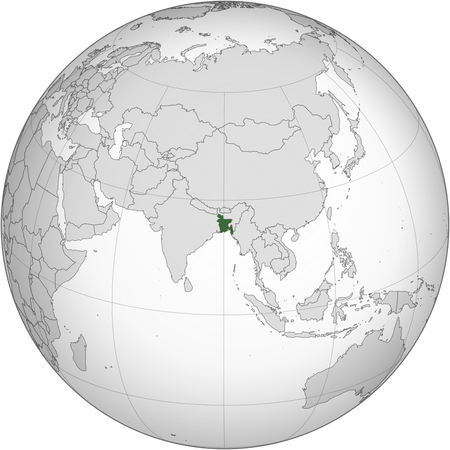
Qatar
(kuh-TAR)
Qatar is a small country and peninsula that juts out from the Arabian Peninsula. Its only border is with Saudi Arabia. Qatar has a diverse economy, with a focus on oil and natural gas production, financial services, and tourism. The country is known for its significant reserves of natural gas, which make it one of the world's largest producers and exporters of natural gas. Despite their successes, they have also faced extreme controversy for something called the kafala system. While it assigns the employer with the sole responsibility for the migrant worker, it also provides the employer with a large amount of power leverage over their workers. Qatar has had a guest worker program for a long time and has a very large population of Indians, Pakistanis, and Bangladeshis. Employers have the ability to cancel a work permit at any time, while an employee cannot freely leave the employment without the employer's consent, even if the contract is over. This also was a main cause of controversy surrounding the 2022 World Cup, as these guest workers built the stadium for the elusive tournament.
Capital: Doha
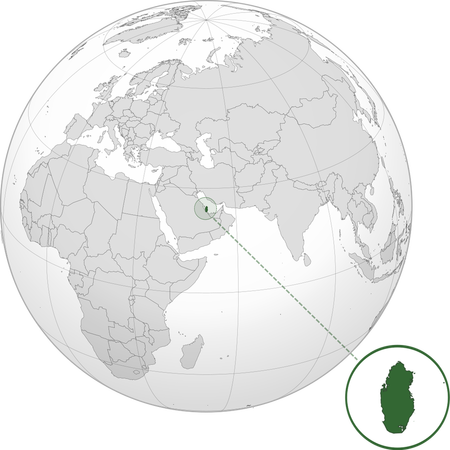
Guyana
Guyana is a country located in South America. The country is known for its traditional music, dance, and cuisine, which features a mix of African, Indian, and Indigenous flavors. Guyana has experienced unprecedented economic growth since 2015 with the discovery of offshore oil fields. While income inequality is overall discounted in this figure, Guyana has by far the highest GDP per capita in South America, and the fourth highest in the Western Hemisphere.
Capital: Georgetown
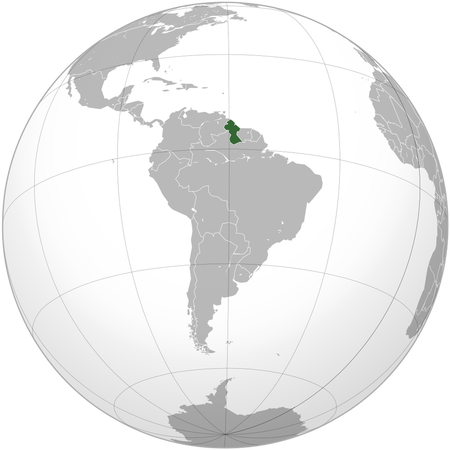
Syria (Syrian Interim Government)
(seer-reeh-ən-in-tur-rem-guh-vern-mint)
The Syrian Interim Government (SIG) is a political body that was formed in 2013 as an opposition to the government of Syrian President Bashar al-Assad. The SIG is recognized by several countries as the legitimate representative of the Syrian people, and its main goal is to provide governance and services to areas of Syria that are outside of the government's control. It is undermined by the Syrian government which strongly opposes its formation.
Capital: Azaz
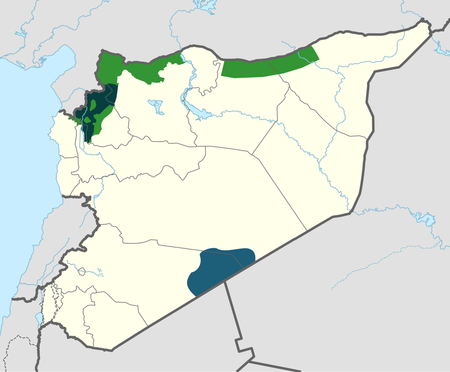
Bosnia and Herzegovina
Bosnia is an almost-landlocked nation located in Southeastern Europe on the Balkan Peninsula. Bosnia and Herzegovina has a high amount of diversity among its citizens. The country is known for its production of fruits, vegetables, and other agricultural products, as well as its growing tourism industry, which is centered around the capital city of Sarajevo. Bosnia and Herzegovina is the most fragile state in Europe, with high levels of corruption and instability in the government. Bosnia and Herzegovina is a parliamentary democracy with a tripartite presidency consisting of one Bosniak, one Croat, and one Serb member, the only country to have this. The Bosnian War, which lasted from 1992 to 1995, left a lasting impact on the country. The war was marked by widespread violence and human rights abuses, including genocide in Srebrenica. A slight majority of the country identifies as Muslim. Bosnia and Herzegovina is one of the poorest countries in Europe, with high unemployment rates and a large informal economy. The country also faces challenges related to corruption and a lack of foreign investment. Despite these challenges, Bosnia and Herzegovina has made progress in recent years in terms of political stability and economic development. The country has implemented a number of reforms aimed at improving governance, reducing corruption, and attracting foreign investment. It is a candidate for both the European Union and NATO.
Capital: Sarajevo
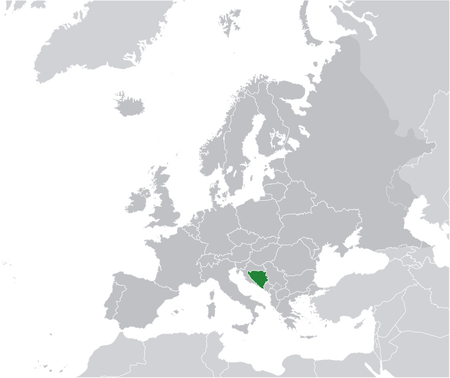
Cameroon
Cameroon is a country in Central Africa. The country is known for its rich biodiversity, including several endangered species such as the gorilla and the chimpanzee. The country is known for its production of cocoa, coffee, and other agricultural products, as well as its significant reserves of bauxite, iron ore, and other minerals. English and French are both official languages. Cameroon has experienced political instability in recent years, particularly in the Anglophone regions of the country. There have been protests and violence related to concerns over political representation, language rights, and other issues. Cameroon has a significant issue with government transparency and corruption. Cameroon has been accused of multiple human rights abuses, including extrajudicial killings, torture, and restrictions on freedom of expression and assembly. These abuses have been prevalent in the Anglophone regions of the country. While Cameroon has made progress in recent years in terms of economic growth, poverty remains a significant issue, particularly in rural areas. Unemployment is also high, particularly among young people.
Capital: Yaoundé
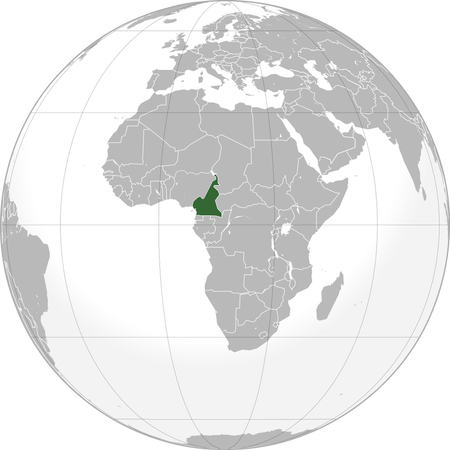
Moldova
(mohl-DOH-vah)
Moldova is a landlocked country located in Eastern Europe. It is known for its blend of Soviet and Romanian influence. For a long time, it was the poorest country in Europe, but they have now surpassed Ukraine and Kosovo. Moldova has experienced political instability in recent years, with frequent changes in government and concerns over corruption and misuse of public funds. It applied to join the European Union in 2022 following the Russian invasion of Ukraine, and has been granted candidate status. There have also been talks about Moldova possibly merging with Romania to form one Romanian state. While a bit less than half of the population of Moldova supports unification, a majority of Romanians support a union of Moldova and Romania into a single sovereign state. Moldova is also facing tension from two separatist movements, Gagauzia and Transnistria, particularly in Transnistria, which is controlled by Russia.
Capital: Chișinău
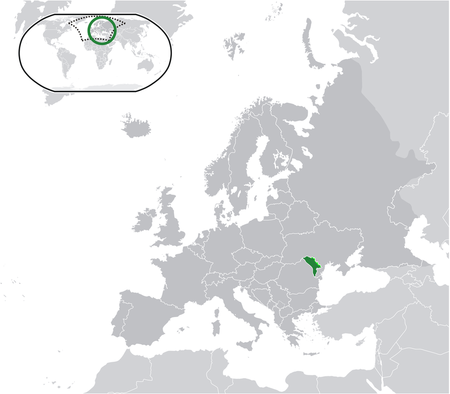
Eritrea
Eritrea is a country located in the Horn of Africa. The country is known for its production of coffee, cotton, and other agricultural products, as well as its significant reserves of gold, copper, and other minerals. Eritrea has a complex history, with influences from Italy, Ethiopia, and other neighboring countries. The country declared independence from Ethiopia in 1993 after a long and bloody civil war. Today, the countries have improved their relations. Eritrea has been ruled by the same authoritarian government since independence in 1993, and there is little political freedom or opposition activity in the country. This has led to concerns over human rights abuses and political instability. Eritrea is also considered one of the most repressive countries in the world, with reports of arbitrary arrests, torture, and other human rights abuses. There are also concerns over forced labor and conscription into the military.
Capital: Asmara
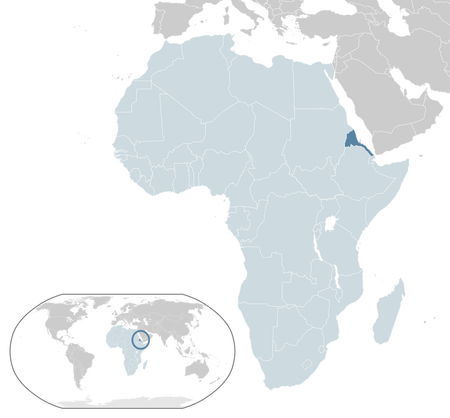
Maldives
(MAHL-deevz)
Maldives is a country located in the Indian Ocean, southwest of India. Maldives is a major tourist destination. It is the least populous Muslim majority nation in the world. The country is vulnerable to the effects of climate change, with rising sea levels and coral bleaching posing a threat to the country's tourism industry and infrastructure. The Maldives has also faced political instability and human rights concerns in recent years, with concerns over freedom of expression and the treatment of political prisoners.
Capital: Malé
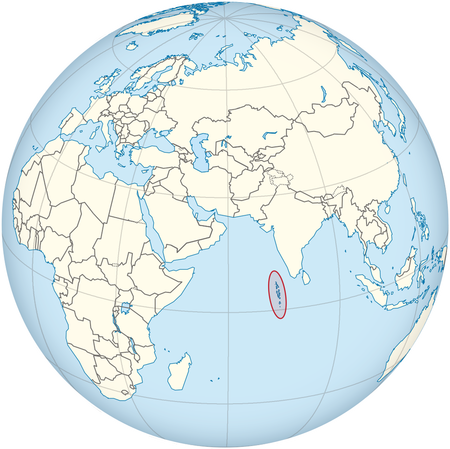
Kosovo and Metohija
Kosovo and Metohija is a disputed region located in the Balkan Peninsula, in southeastern Europe. It is defined as an autonomous province by the Serbian constitution. The territory is the subject of an ongoing political and territorial dispute between Republic of Serbia and the partially recognized Republic of Kosovo, which has control over the region.
Capital: Pristina (de jure)
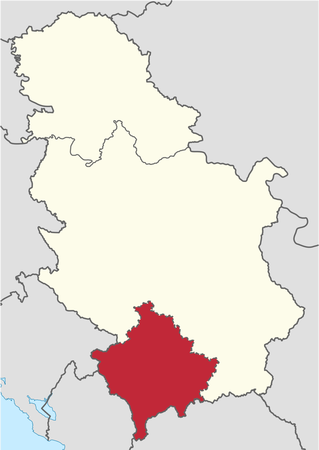
Togo
Togo is a country located in West Africa. The country is ranked low on the Human Development Index, with high levels of malnutrition and low levels of education. Political instability and human rights concerns have also been reported in recent years. Continued efforts are needed to address ongoing challenges related to poverty, political stability, and human rights, and to promote sustainable development in the country.
Capital: Lomé
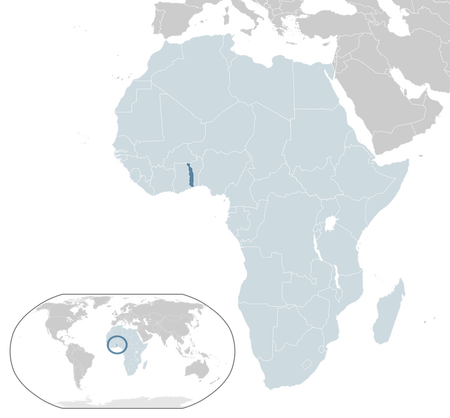
Benin
Benin is a country in West Africa. The economy of Benin is largely agrarian, with cotton, corn, and cassava being major crops. The country is also a significant exporter of cashews, pineapples, and palm oil. In recent years, Benin has made efforts to diversify its economy, with a focus on developing its tourism industry and attracting foreign investment.
Capital: Cotonou / Porto-Novo
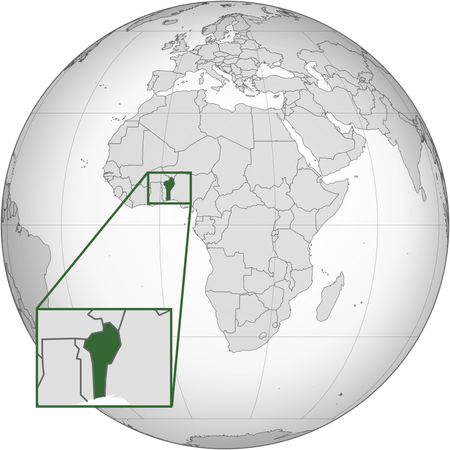
Aceh
Aceh is a province located in the northernmost part of the island of Sumatra in Indonesia. It is the only province in Indonesia that follows Islamic Sharia law. The capital city of Aceh is Banda Aceh, which is famous for being one of the areas that was hardest hit by the 2004 Indian Ocean earthquake and tsunami. One particular issue is the implementation of Sharia law in Aceh, which has raised concerns about human rights violations. Sharia law is enforced by special police units known as the Wilayatul Hisbah, who have been accused of using excessive force and violating the rights of women and minorities.
Capital: Banda Aceh
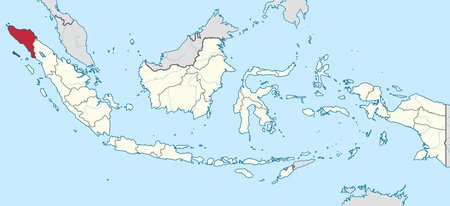
Northern Territory
The Northern Territory is a federal territory of Australia that is located in the northern central part of the country. It is the least populated and least densely populated of all territories, with a population of 250,000 and an area larger than Peru. The economy of the Northern Territory is largely based on mining, particularly of minerals such as gold, zinc, and uranium.
Capital: Darwin
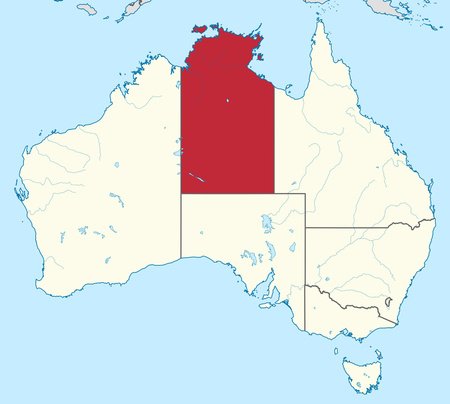
Australian Capital Territory
Capital: Canberra
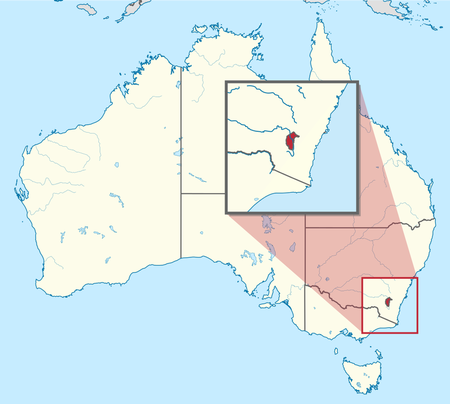
Northwest Territories
The Northwest Territories is a territory of Canada located in the northern part of the country. The territory is extremely sparse in population, rivaling Greenland in lack of population density. Its remote location can make it difficult to access essential services such as healthcare and education. The territory also faces environmental challenges, including the impact of climate change on its ecosystems and traditional ways of life. The territory has a history of harboring many ethnic groups native to Canada.
Capital: Yellowknife
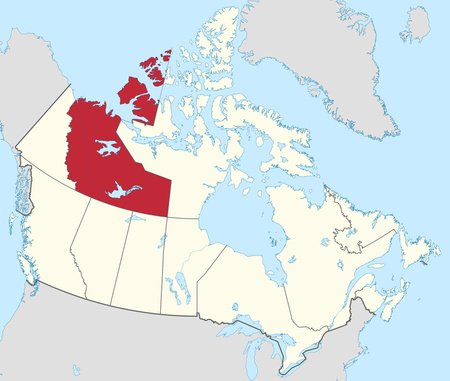
Yukon
Yukon is a territory of Canada located in the northwest of the country. It is the smallest of the three territories. It shares a very long border with Alaska that is about the length of the distance around the entirety of Romania. Indigenous peoples, including the Kaska, Tlingit, and Tagish, make up a significant portion of the population and play an important role in the territory's culture and economy. Yukon has a unique system of governance, with a self-governing First Nations and a territorial government.
Capital: Whitehorse
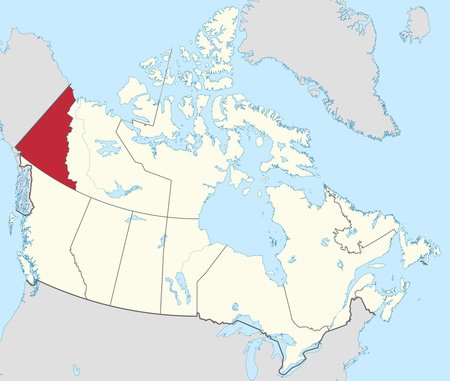
Headquarters of the United Nations
(hed-core-terrs-of-the-u-ni-ted-nay-shuns)
The headquarters of the United Nations (UN) is located in New York City, United States, and covers 18 acres of land. The UN headquarters serves as a venue for meetings and negotiations among member states and houses offices and facilities for various UN departments and agencies. The complex includes several buildings, including the General Assembly Building, the Secretariat Building, and the Dag Hammarskjöld Library.
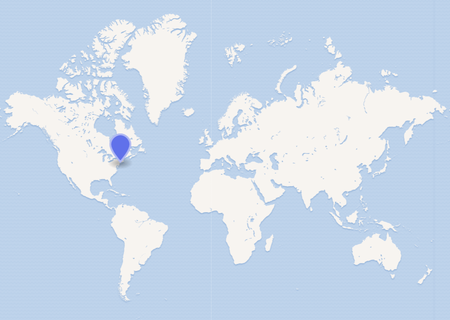
Republika Srpska
Republika Srpska is one of two entities that make up the country of Bosnia and Herzegovina. It is located in the northern and eastern parts of the country and covers an area of approximately 25,000 sq km. It is primarily inhabited by ethnic Serbs, who make up around 80% of the population. The entity has its own government and parliament. Republika Srpska is a semi-autonomous region within Bosnia and Herzegovina.
Capital: Sarajevo (de jure), Banja Luka (de facto)
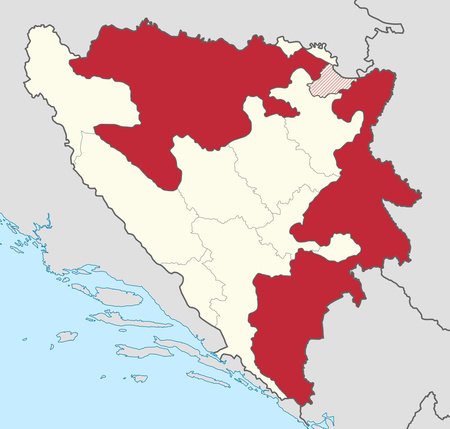
Jeju
Jeju is a volcanic island located off the southern coast of South Korea. It is the largest island in the country. It is increasingly becoming a popular tourist destination. It is home to several natural wonders, such as Hallasan Mountain, Seongsan Ilchulbong Peak, and Manjanggul Cave. It is also home to some... err... man-made... "wonders", like Jeju Love Land, a tourist destination for adults. Don't search it up.
Capital: Jeju City
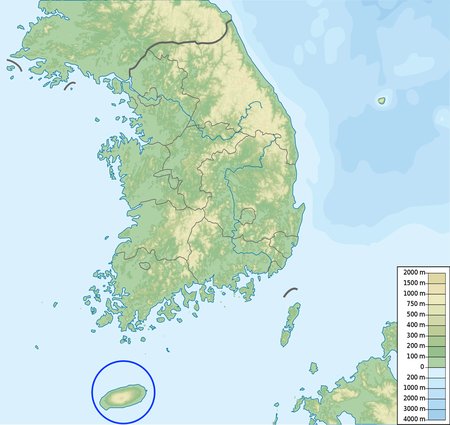
Inner Mongolia
(enn-er-mon-gole-e-uh)
Inner Mongolia is an "autonomous" region located in northern China. Inner Mongolia is known for its grasslands, deserts, and mountains, and vast mineral resources. The Mongolians make up around 17% of the population. Inner Mongolia is currently suffering from ongoing environmental degradation, particularly in the grassland areas. Inner Mongolia also faces social and economic challenges, such as income inequality and poverty in rural areas.
Capital: Hohhot
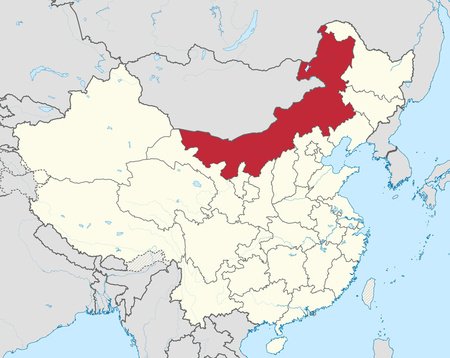
al-Shabaab
al-Shabaab is a militant Islamist group based in Somalia that also operates in Kenya and Uganda. The group has been involved in a range of violent activities, including terrorist attacks, assassinations, and extortion. al-Shabaab seeks to establish a strict form of Islamic law in Somalia and has been linked to al-Qaeda. The group has been accused of human rights abuses, including the recruitment of child soldiers and the use of indiscriminate violence against civilians. al-Shabaab has also been criticized for its treatment of women, including the use of forced marriages and sexual violence.
Capital: Jilib
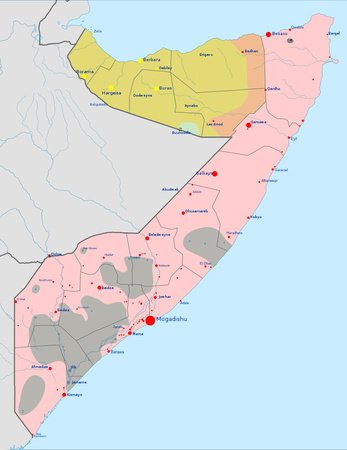
Tier 8 - Republic of San Marino
San Marino
San Marino is a small country located in southern Europe, enclaved within Italy. Despite its small size, San Marino plays an important role in the international community, with membership in several international organizations such as the United Nations and the Council of Europe. The country has a unique system of government, with a democratic republic and a system of multiple heads of state.
Capital: San Marino
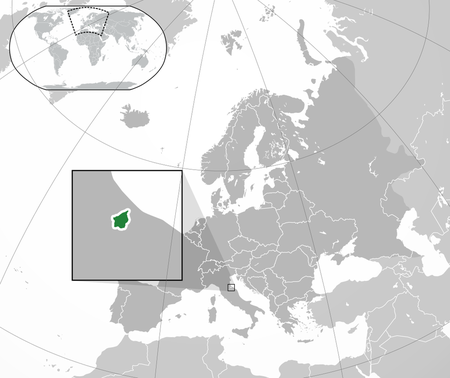
Tonga
(tong-uh) NOT (ton-guh) they are different
Tonga is a Polynesian kingdom located in the South Pacific Ocean. It consists of 169 islands, of which 36 are inhabited. Tonga is divided into four island groups, each with its own governor and local government. Tonga is home to several important cultural sites, such as the Ha'amonga 'a Maui Trilithon, which is a large stone monument believed to have been built in the 13th century.
Capital: Nuku'alofa
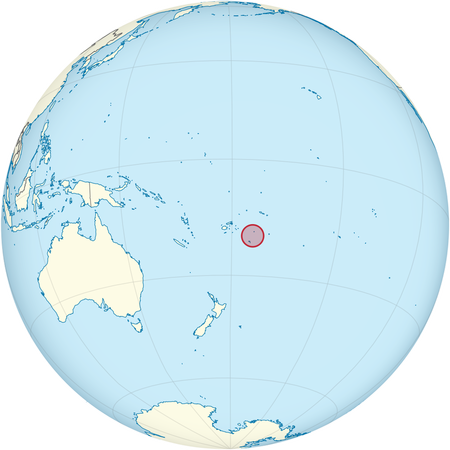
Laos
(laao) NOT (louse) or (louzz)
Laos is a landlocked country located in Southeast Asia. The country has a socialist government and is one of the few remaining one-party communist states in the world. The Mekong River, which runs through Laos, is a major source of freshwater for the region. However, the river is increasingly polluted due to industrial and agricultural activities, as well as the discharge of untreated sewage.
Capital: Vientiane
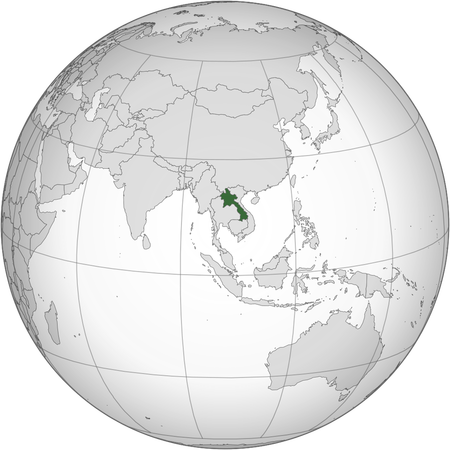
Sri Lanka
Sri Lanka is a teardrop-shaped island, roughly the size of West Virginia, off the southern tip of India. The country is probably most known for its mostly-untouched nature, comprised of swampy rainforests and light savannas. Despite being over 70% Buddhist in religion, the country still experiences ethnic tension between the local Sinhalese and Tamil—even fighting a civil war between 1983 and 2009 (nearly twenty-six years).
Capital: Sri Jayawardenepura Kotte
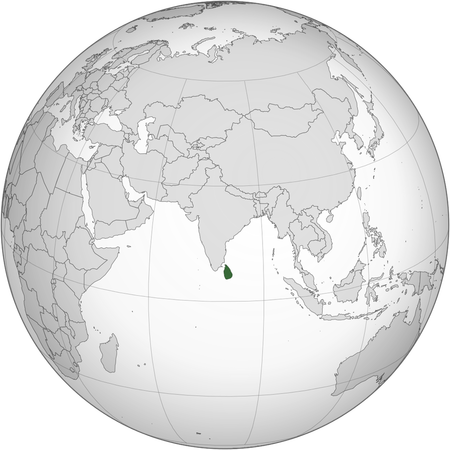
Andorra
Andorra is a tiny landlocked nation, located in the Pyrenees and sandwiched between Spain and France. Through its dominant mountain slopes, the country has gotten rich off of tourism, as well as from its tax haven status. The country is ruled by the French President and the Spanish Bishop of Urgell, who are appointed co-princes.
Capital: Andorra la Vella
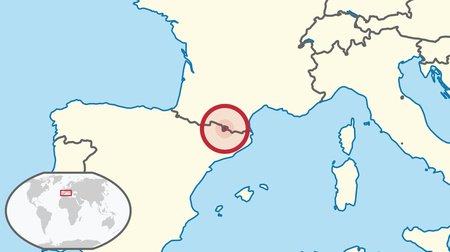
Sierra Leone
Sometimes known as the Diamond of Africa, Sierra Leone is a troubled country on the Atlantic shores. It was originally founded, much like Liberia, to house newly-freed slaves. However, after the British left in 1971, the country devolved into an authoritarian single-party state. Following a deadly civil war, where blood diamonds were famously sold to buy weapons, the country seemed on the verge of collapse. Even today, it struggles with poverty and low development. However, local culture remains strong, as does the biodiversity—over 2,500 individual species inhabit the country.
Capital: Freetown
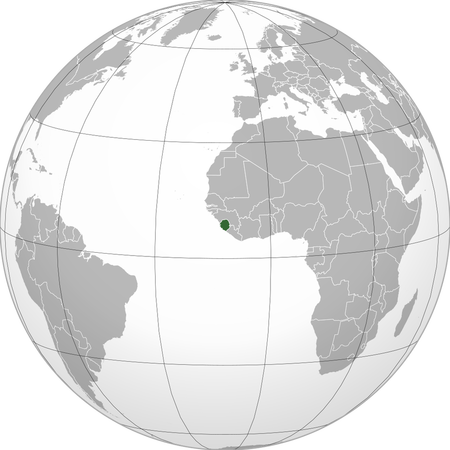
Gabon
Gabon is a medium-sized country, located right on the equator in Central Africa. A French colony until 1960, it has Africa's fourth highest HDI, but political freedoms remain low (the country has only had three presidents since its inception). Culturally, the country is very diverse, containing over fifty unique ethnic groups and tribes. Additionally, it holds one of Africa's lowest population densities, which can be attributed to the internal rainforests, though both small savannas and plains exist in the far east and west.
Capital: Libreville
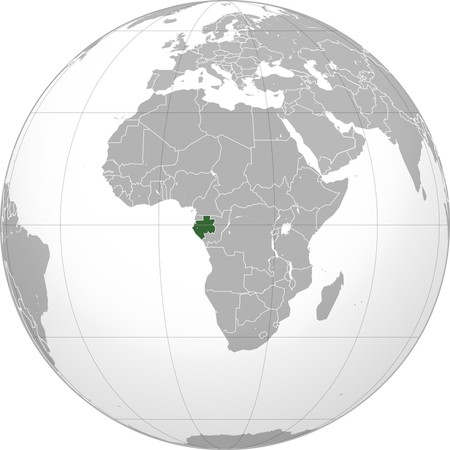
Senegal
Right at the western tip of not only Africa, but the entire eastern world, Senegal is one of the most stable countries on the continent. Though ethnically divided and without many natural resources, the government, much stronger than in most parts of Africa, intends to turn this around with nearly half of the country's funding going into education and development. Geographically, the country is mostly desert, though grassy fields do exist on the coast and in the south. Another country, the Gambia, cuts right Senegal, holding most of the Gambia River (though we'll cover it later).
Capital: Dakar
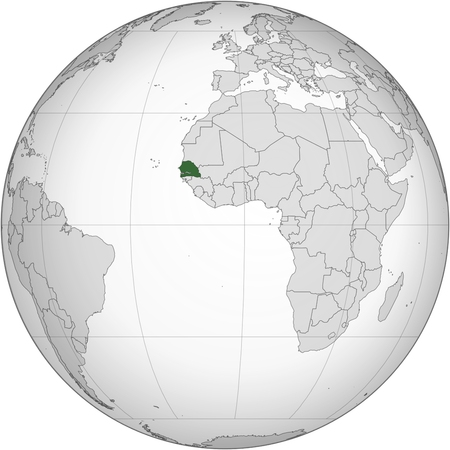
Åland
Åland is a small autonomous and demilitarized region of Finland. This status quo was established following a League of Nations decision in 1920, granted to Finland on the condition that they do not interfere with the local Swedish population. It was originally given to Russia in 1809, along with Finland itself, but after the Finns gained independence they attempted to forcibly assimilate the islands into their culture. Beyond the turbulent history, the region is fairly self-sufficient: its parliament functions without input from the Finnish central government. Also, the archipelago boasts the island of Märket—containing a short border with Sweden.
Capital: Mariehamn
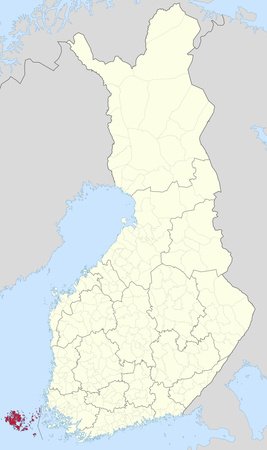
Marshall Islands
The Marshall Islands is an island nation located in the Micronesia region of the Pacific. They exist in free association with the United States, who exerted full control there from 1944 until 1979, most famously in the Bikini Atoll nuclear tests. These days, the Marshall Islands are a free and independent country, but their defense is covered by the U.S. Like most of its neighbors, it is a tropical, fishing-based country, although it is at risk of sinking underwater soon due to rising sea levels.
Capital: Majuro
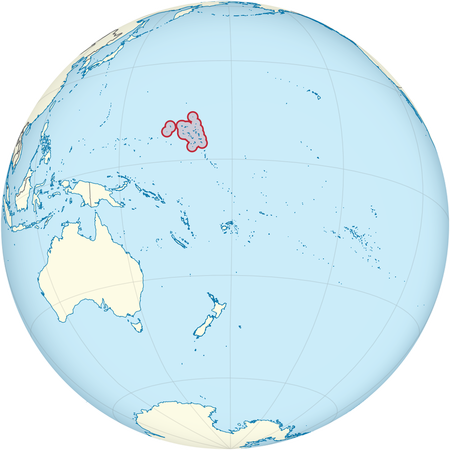
Lesotho
Located entirely within South Africa, Lesotho is one of the most elevated countries in the entire world. It is a constitutional monarchy, and fairly democratic for its region, though it is still very poor, but also an ecological paradise for all kinds of mountain species. Famously, the many mountains of Lesotho have attracted tourists to ski there. Also, the water runoff has allowed for easy access to water, with there being such a surplus they make fair money from selling it to South Africa.
Capital: Maseru
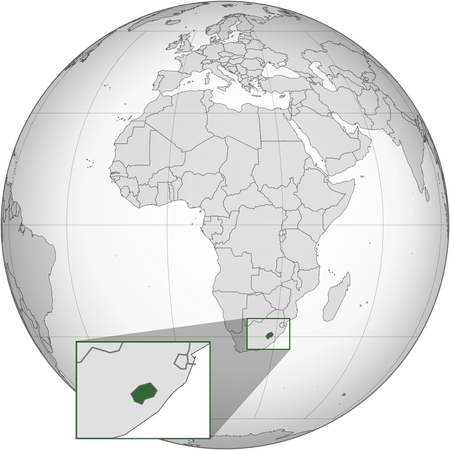
Solomon Islands
(sah-leh-men-aii-lehnds)
The Solomon Islands is an island country located at the heart of Oceania's Melanesia region. It was named after King Solomon of the Bible, and as such the country is over 97% Christian, which is thanks to the long period of European colonization. The islands are also famous for the numerous WWII battles fought there, most notably the Battle of Guadacanal. Lastly, it is also popular as a tourist destination. It contains many beautiful beaches and tropical forestry.
Capital: Honiara
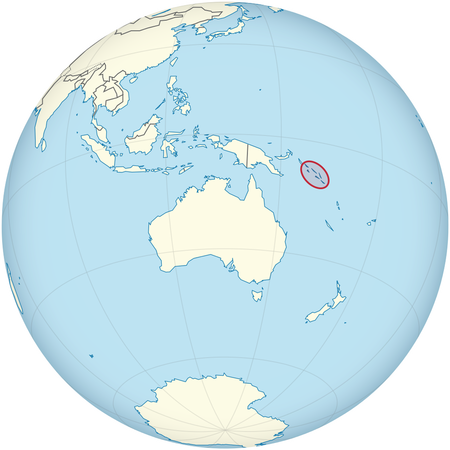
Papua New Guinea
(pæ-puə-noo-ghi-nee)
Papua New Guinea is a fairly large island nation in the Melanesia region of Oceania, much like the Solomon Islands mentioned before. While Europeans did colonize it, the country is still culturally dominated by indigenous tribes living deep in the island's jungles: it is one of the most multicultural and omnilingual countries on Earth. This lack of industrialization has led to wildlife flourishing, but it has also caused poverty, and, in turn, the country struggles with murder and violence. One offshore island, Bougainville, has campaigned to become independent, and is set to be so by 2027 or earlier.
Capital: Port Moresby
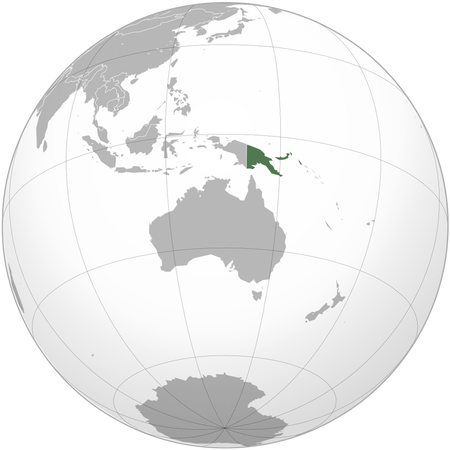
Suriname
Suriname is a medium-sized, thinly-populated country on the northern shores of South America. It is still largely characterized by the Dutch colonial era, although it ended in 1975. It is the only country outside of Europe with Dutch as its official language, and its culture is a unique mix of colonial tradition and native tradition. As all of the country is either a rainforest or monsoon climate, the vast majority of the half-million population lives along the coast, which is just barely far east enough to escape being a part of the Caribbean.
Capital: Paramaribo
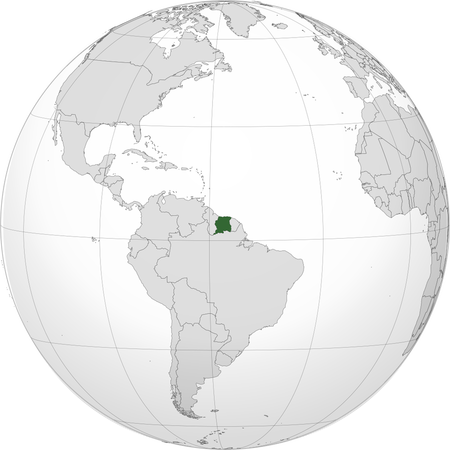
Saint Christopher and Nevis
(saynt-kris-toe-fer-and-nee-vis)
Saint Christopher and Nevis, or, as you probably know it, Saint Kitts and Nevis, is a tiny island country in the northern Caribbean. It is also the western hemisphere's smallest country in both population and area. Both islands were formed of a volcano and are covered in central rainforests, pushing most people to live on the coasts. It is a federal republic, with both islands being responsible for themselves. Additionally, it was the last European colony in the western hemisphere to become independent, only doing so in 1983. Britain's monarchy still rules there, as a figurehead at least.
Capital: Basseterre
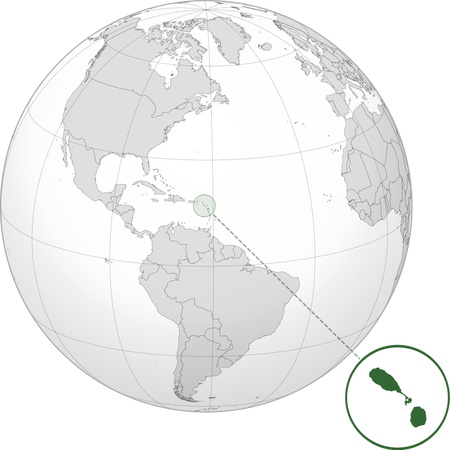
Belize
Belize is a small pillar of English influence in the predominately Spanish / Portuguese Latin America. Long ago, it was one of the centers of the Mayan Empire. Since then, both Spanish and British, as well as a mix of native, cultures have blended into a melting pot to create something special not found elsewhere. Beyond its culture, it is a haven for plenty of species, especially rare birds and forest plants. Unfortunately, this life is at major risk due to deforestation, though the government has placed some roadblocks to slow this down. Even worse still, poverty in the country has given it an infamous spot near the top of murder rate lists.
Capital: Belmopan
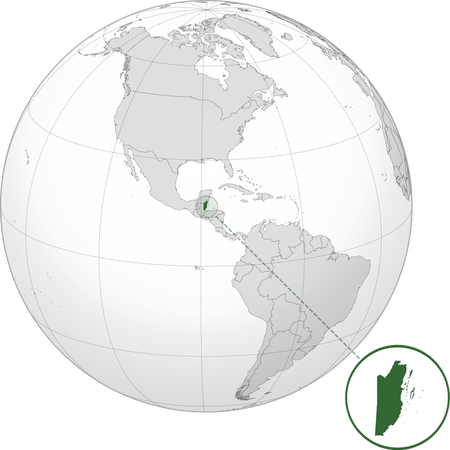
North Macedonia
North Macedonia, Macedonia, FYROM, or whatever you want to call it, is a small country located in the deep south of the Balkans. You probably know it from its naming dispute—Greece detested its original name of simply Macedonia, claiming it confused people for the "original" Greek Macedonia. After long arguments, the name was eventually changed to North Macedonia: though this compromise left both sides a bit bitter. But beyond that, the country holds a beautiful mountainous landscape, with lakes everywhere dotting the surface. Its culture is similar to many other Balkan states, though don't tell that to a Macedonian.
Capital: Skopje
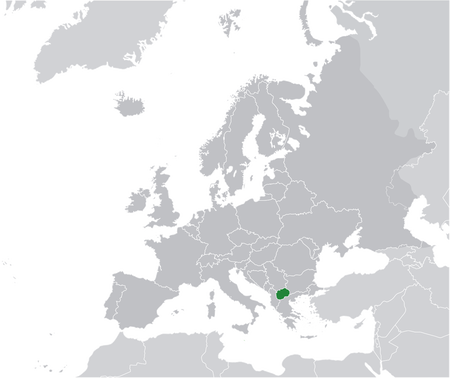
Bhutan
Bhutan is a small, isolated kingdom located in the heights of the Himalayas. Due to its small population (only 727,000), the country is very unitary: over 97% of Bhutanese are Bhuddists. While the Bhutanese are proud of their "dragon kingdom," it was closed off, except to the very exceptional, until 1974. If you want to enter the country today, you'll have to pay a high fine, though this covers lodging and food. Additionally, the country is unique in being one of the few to prioritize happiness as an important goal. Thanks to this, the country ranks very low on violence and corruption statistics.
Capital: Thimphu
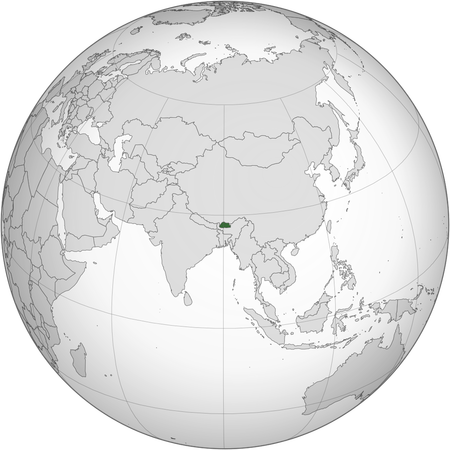
Cook Islands
The Cook Islands is a self-governing state freely associated with New Zealand, though it does not claim independence. It is not a territory, holding its own legislature, foreign affairs, and defense policy. In fact, the relationship is so minimal, that New Zealand's sole task is to manage defense and foreign relations only with the express request and consent of the Islands. However, as mentioned before, it does not claim to be an independent country, though de facto it certainly is. Culturally, it is very similar to other pacific island nations, so check those entries out to gain further insight.
Capital: Avarua
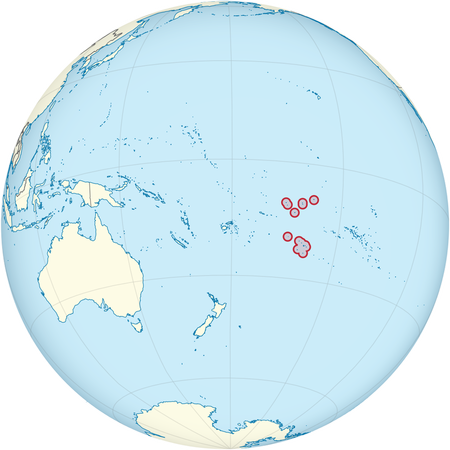
Mozambique
(moh-zaam-BEEK)
Mozambique is a large, skinny country located in southeast Africa. Located on the western coast of the Mozambique Channel, its prominent spot gave it an important role in the Indian Ocean trade routes. After the Portugese showed up in the early 1500s, they began a harsh colonial process, which would not end until their departure in 1975. It soon fell into civil war, but, despite corruption and Islamist insurgencies, political freedoms seem to be taking a turn for the better. Sadly, the country is still very poor: the second-poorest in the world, in fact. It also has a very low life expectancy.
Capital: Maputo
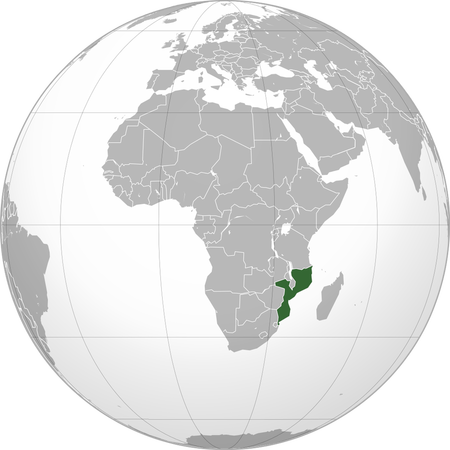
French Polynesia
French Polynesia is a semi-autonomous overseas collectivity of France, as well as the sole government-recognized "overseas country." Located at the gate of Polynesia in the southeast Pacific, it is composed of 121 islands and atolls, each divided into one of five island groups. The most populated island, Tahiti, contains 69% of the population and the capital, Papeete. Historically, it served as a navigation hub of the Austronesian people, as well as a faring point for European explorers. Today, it has been in French hands for over 130 years, and its inhabitants are considered full French citizens, and are given representation on the federal level. The local government can reject mainland French laws, though they have no say in defense or justice.
Capital: Papeete
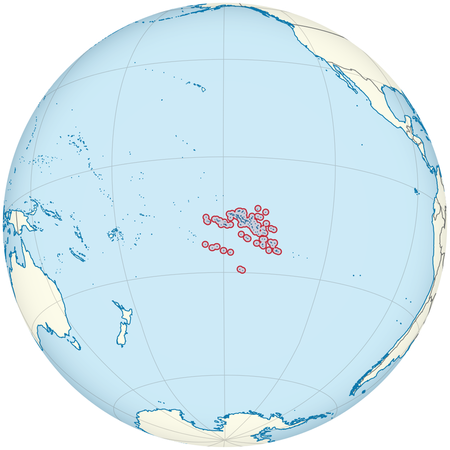
Mauritania
Mauritania is a large country in West Africa mostly characterized by one thing: Islam. The country is nearly 100% in belief, and refusing to follow it is punishable by death. The populace gets by on religion, as government corruption and inefficiency lead most to subsistence farming, despite the millions in untapped natural resources. A well-known fact about Mauritania is that is was the last country to abolish slavery, only doing so in 1981. Punishment was not set for it until 2007, and even today an estimated 15% of the country lives in slavery.
Capital: Nouakchott
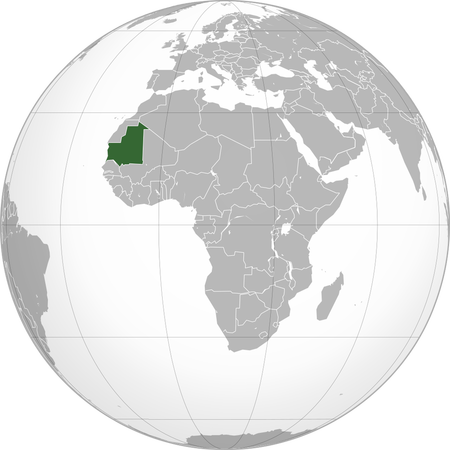
South Tyrol
(south-tee-roll) / (south-tie-roll)
South Tyrol is a majority-German autonomous province in northern Italy. The land was handed over from Austria (against its will) as a result of World War I, and, besides a brief German occupation in 1943, it has been under Italy ever since. Due to its cultural distinction from the rest of Italy, it elects its own legislature and leader completely independent of the central government. Additionally, it is unique in being able to retain 90% of its income, making it the richest province in all of Italy. Despite this level of freedom, many within the province still wish to return to Austria, though no violence has broken out yet.
Capital: Bolzano
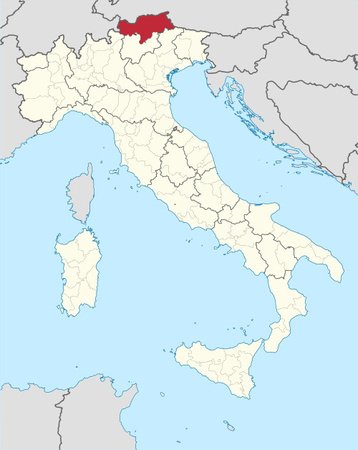
Alsace
(AL-sass)
Alsace is a region located in the northeastern part of France. It borders Germany and Switzerland. Alsace is a mountainous region known for picturesque towns as well as white wine. Strasbourg is the largest city in Alsace and is home to many important institutions, including the European Parliament and the Council of Europe.
Capital: Strasbourg
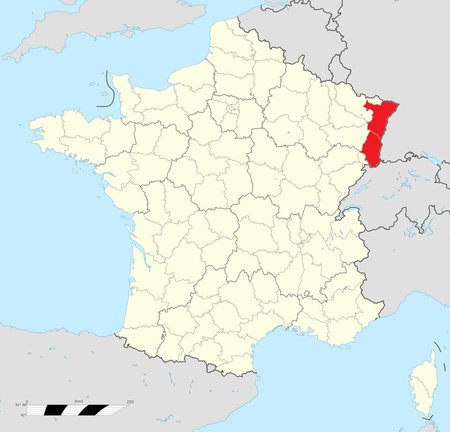
Venezuela (Guaidó)
(venn-e-zway-luh-gwy-doh)
Remember Venezuela from Tier 3? The country is ruled by an authoritarian dictator, Nicolás Maduro. In 2019, a sham presidential election was held, and Maduro "won" in a landslide. Opposition leader Juan Guaidó contested these results and declared himself acting president, and many anti-Maduro countries recognized his authority. However, this interim government dissolved in 2023 with the promise of elections in 2024. Whether those will be free or not, well... only time will tell.
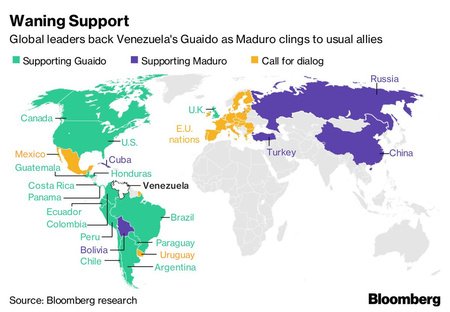
Navajo Nation
(nah-vah-hoe-nay-shun)
The Navajo Nation, located primarily in the state of Arizona, is a semi-sovereign Indian reservation for the Navajo tribe. The reservation was first established in 1868, and since then it has grown to thrice its original size. Despite its origins based in ethnic cleansing, it is very successful today, boasting a fair economy, three branches of government, a constitution, and even mini-states within itself.
Capital: Window Rock
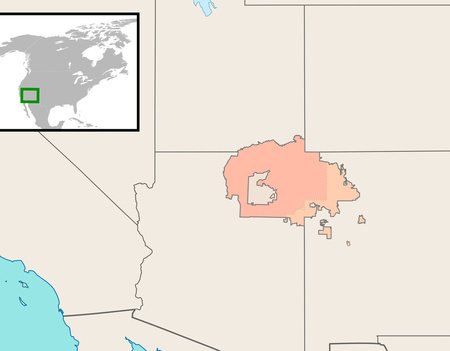
Gaza Strip (Hamas)
(gauz-uh-strip-huh-mazz)
The Gaza Strip is a hotbed of controversy, but since its 2007 takeover, the Hamas, a Palestinian Islamist militia, have had de facto control. De jure, the Palestinian government in Ramallah claims control, and the international community recognizes this, though the Hamas have completely dismissed it. As you might expect from an Islamist militia, they have been authoritarian in their governmental nature, with one scholar noticing them raiding and shutting down opposing political parties. Since 2017, though, the Hamas have mostly lost their grip on the region, with fighting with both Israel, the Fatahs, and ISIS contributing to this. For now, it seems no one entity controls the Strip, but recent Israeli advancements may soon change that.
Capital: Gaza City
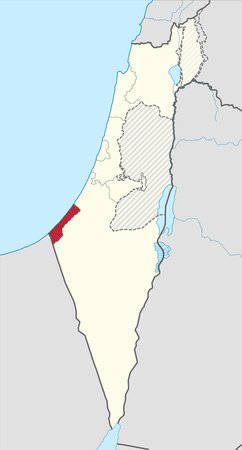
Guangxi
(gwang-SEE)
Guangxi is an autonomous region located in southern China. Though formerly a province, it became autonomous in 1958 at the request of the local Zhuang people. The region is dominated by wilderness—mostly mountains, rivers, and even a beautiful waterfall here and there. In fact, it's the second least densely-populated region in eastern China. Sadly, though, the autonomy has recently been overreached by the oppressive Chinese government, with it even installing its own puppet chairmen not of the Zhuang clan.
Capital: Nanning
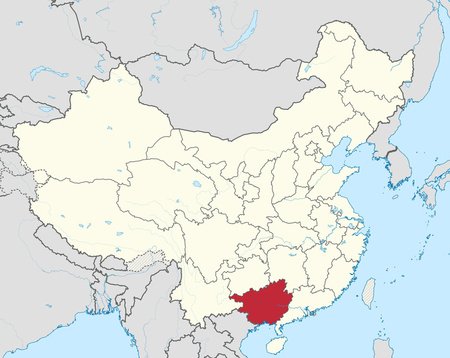
Nunavut
(noo-nuh-voot)
Nunavut is, like the aforementioned Yukon, an autonomous internal territory of Canada. It split off from its eastern neighbor, the Northwest Territories, in 1999, when the local Intuit wanted a territory of their own for self-rule (this status quo still exists today). Though it is not a province, it maintains representatives in the federal government. Geographically, the territory holds the world's most northerly settlement, Alert, as well as the northernmost piece of land outside of Greenland.
Capital: Iqaluit
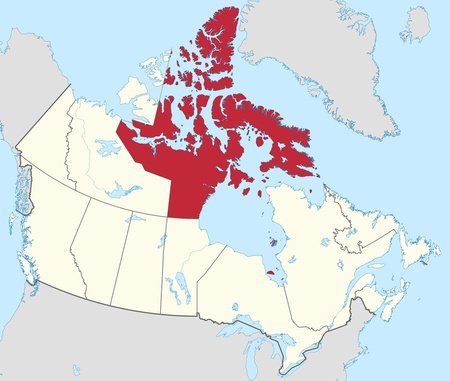
Puntland
Puntland is a state of Somalia, located in the country's northeast and bordering Somaliland. It has been autonomous since 1998; however, as to not fan the flames of the Somali Civil War, it has not yet declared itself independent. Speaking of the war, it has managed to mostly escape it, being peaceful (especially in the north, where most people live), though still extremely poor. Farming remains difficult, as the vast majority of land is incurable desert. Thankfully, the government has begun to serve its founding purpose: to help the region's people. It is one of Africa's strongest democracies, even allowing women to vote.
Capital: Garoowe
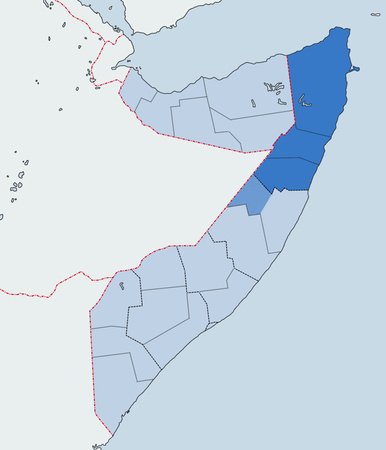
Federation of Bosnia and Herzegovina
(fed-ar-a-shun-uv-boz-nee-uh-and-hurtz-uh-go-vee-nuh)
Not to be confused with the country itself, the Federation of Bosnia and Herzegovina is one of the two self-governing entities in Bosnia and Herzegovina, along with the aforementioned Republika Srpska. It contains 64% of the country's population, 51% of its area, and 46% of its total GDP, as well as the country's capital, Sarajevo. It was established in 1994, following a deadly ethnic conflict, to protect and unite the Bosniaks and Croats within the region, most of whom still live there today.
Capital: Sarajevo
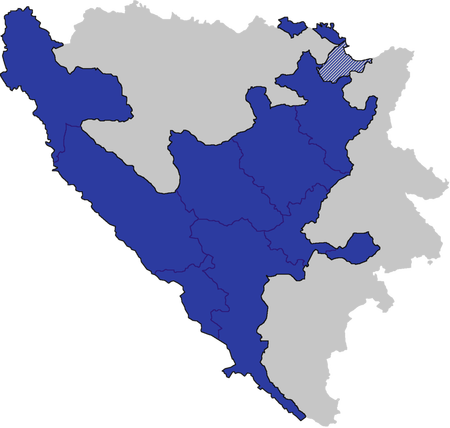
Thanks for reading! The Countries Iceberg series will be taking a short break as Nickelz and I coordinate a few other things, but this hiatus should not take an excessively long time.

Xi in Guangxi is pronounced SEE rather than SHI. There's no H sound.
And I'm not sure where the comment of "tearing down forests to build factories" came from. As you said, it's an area "dominated by wilderness" and it's not heavily industrialised like the neighbouring Guangdong. I checked Wikipedia and there are 59 nature reserves in Guangxi alone. Finally, unlike US States, there's no "Governor" in Chinese provinces. Currently the chairperson of the government of Guangxi is an ethnic Zhuang, who is led by the party secretary who is an ethnic Han.
And I didn't write the one for Guangxi, so you can ask Qy about that.
Since it's primarily his blog, and he collaborated it with me, I can't make the edits and resubmit.
They should be fixed now, and I hope you enjoyed the rest of the blog.
😁